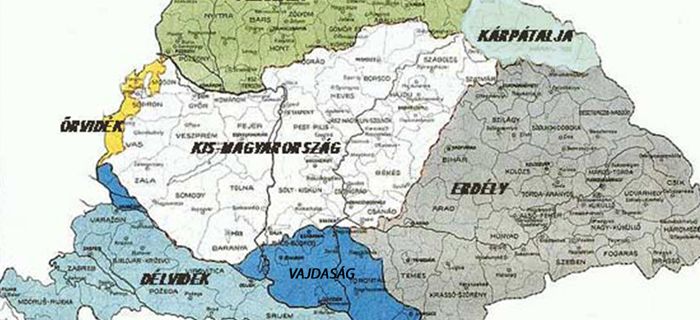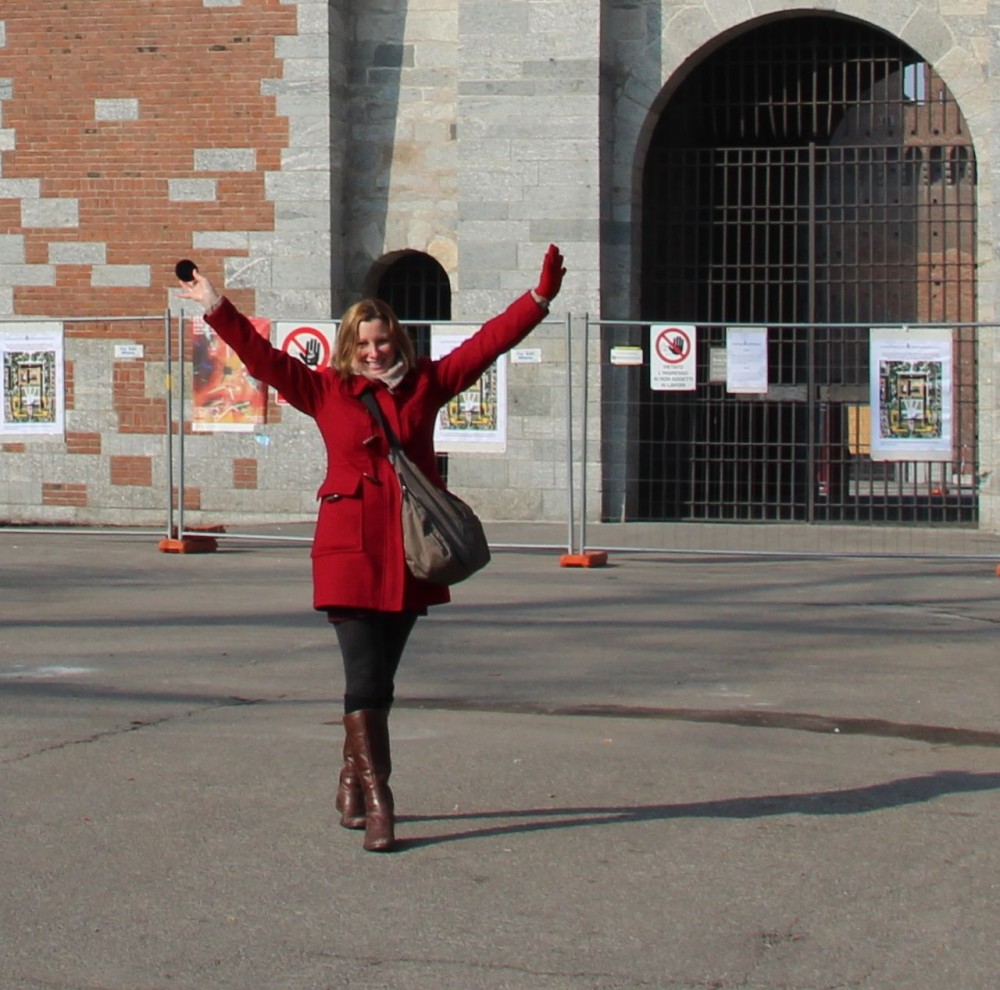Folk music is the sum of all those melodies which were used in some kind of a human community over a smaller or larger area for a certain length of time, as spontaneous expressions of musical instinct. To put it simply, folk music is composed of melodies which were sung by many people and for a long time.” (Béla Bartók, Our Folk Music and the Folk Music of the Neighbouring Peoples, 1952)
Gypsy music has evolved over the years since the Romani (Roma) migrated from North Central India around 300 BC and they adapt to their host countries throughout Europe. So pure Roma gypsy music would essentially be sung in the Roma language, but some of the most popular Gypsy music from central Europe, and Spain are local folk songs sung in the traditional fiddle style on guitars or violins.
As the Gipsy Kings sing in Spanish, Hungarian Gypsy bands sing in Hungarian; both revitalizing the more popular folk songs of their country in the same traditional Roma-Gypsy style.
When Hungary was much larger before the war, Hungarian folk music stretched far into Romania where some of the best music is still played. These areas outside of Magyarorszag (Magyar refers to a nation and an ethnic group native to and primarily associated with the Hungarian people) still sing in Hungarian, the people still identify with the Hungarian culture and the Gypsy music continues being passed down from generation to generation.
Erdély is the ex-region of Hungary south of the Carpathian mountains in Romania. In these areas since the war, the borders may have changed, but the people remain true to their traditions. Some say that to really experience true Magyar culture one must travel to Erdély situated on the East border of Hungary. Some say it is like travelling back in time.

A good example and a popular destination like Transylvania was Hungarian for a thousand years!
- As part of the Hungarian Kingdom
- As an Independent Hungarian Principality
- As part of the Austro-Hungarian Empire
Transylvania was part and parcel of the Hungarian Kingdom, or an independent Hungarian Principality for over a thousand years.
Even the food is slightly different, cooking more wild game, spicer versions of the traditional famous counterparts and a handful of traditions that have been lost elsewhere. And of course they have blended version with their own neighbours too; Moldova, Serbia and Bulgaria, plus Austro-German influence carried through Hungary when they were still connected.
It reminds me of the French in Canada who remain true to their original language and traditions of times past, while the French in France have evolved with the modern times and adopt words from other cultures. A language grows with the people, unless they are afraid of losing it, which in both cases are true.
What I know is that the common thread of Gypsy music is real life experiences shared through music; full of emotion, tragic love stories, war and heartbreak. The rich Hungarian history is in this energetic music, with a fast paced upbeat, or slow sad songs that make you cry. And everyone knows the words and sings along!











